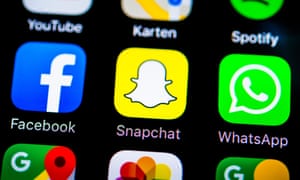
The latest generation of smartphones comes with a panoply of apps to get you started, from email and photography to navigation, weather and video-calling services. But every one of those default apps has at least one alternative on the app stores, and there are often dozens more that can represent a big upgrade.
Here are 20 examples that will improve your smartphone’s stock features, and in some cases provide the functionality that is puzzlingly missing from apps in 2017’s starter packs. A number of them also have smartwatch extensions, providing an upgrade on your Apple Watch or Android Wear timepiece’s features too.

CITYMAPPER
Android / iOS (Free)
Urban travellers swear by Citymapper, which works for London,
Manchester and Birmingham in the UK, as well as other cities around the
world. From trains, tubes and buses to cycle hire and walking, it’ll
guide you from A to B with a choice of routes and transport methods.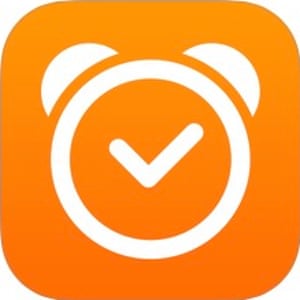
SLEEP CYCLE
Android / iOS (Free)
Set your smartphone’s default alarm to permanent snooze in favour of
this app, which aims to dispel your morning blues. It uses your phone’s
microphone and accelerometer (the thing that detects when your phone is
moving) to track your sleep through sound and movement, then wakes you
in your lightest sleep phase near to your alarm time.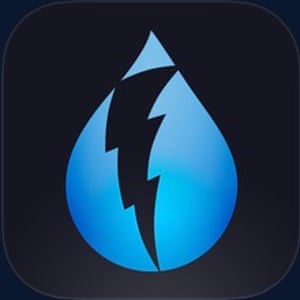
DARK SKY
Android / iOS (£3.99)
Preinstalled weather apps will tell you the forecast for your town,
but Dark Sky boasts“hyperlocal” predictions that pinpoint where you’re
standing. It also offers short-term warnings if it’s about to rain or
snow in the next hour where you are, providing enough time to take coat
and/or umbrella-related action.
DASHLANE
Android / iOS (Free)
The seemingly endless number of passwords needed to sign into your
digital apps and services is dizzying, which makes password security a
priority. Alongside the equally well-regarded 1Password, Dashlane
password manager will help you generate secure passwords, then encrypts
and stores them on your device so you don’t lose track.
CLUE
Android / iOS (Free)
In
2015, Apple came under fire for leaving period-tracking out of iOS’s
Health app. The company swiftly rectified the omission, but many women
have turned instead to third-party apps like Clue. It’s an easy tool for
tracking periods and ovulation, whether you’re trying to get pregnant,
store data for a doctor, or simply curious about your cycle.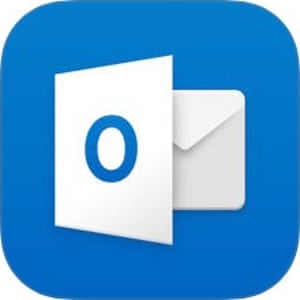
MICROSOFT OUTLOOK
Android / iOS (Free)
On the desktop, Microsoft’s Outlook email software is still used in
lots of businesses, even if it isn’t always loved. But on mobile, the
revamped Outlook app has been a critical hit: simply and stylishly
blending email, calendar and file management, and working well with
other services including Gmail and Yahoo Mail.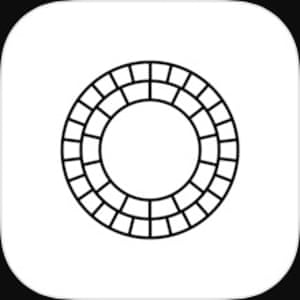
VSCO
Android / iOS (Free)
Each iteration of Android and iOS brings faster, better photographic
software to go with the more powerful cameras of new smartphones. But
alternative apps are big business, with VSCO one of the best: not just
for shooting, but for editing and sharing too.
WAZE
Android / iOS (Free)
Google Maps and Apple Maps both do a good job as GPS navigation apps,
but if you’re after an alternative, Waze – also owned by Google – is
well worth a look. It draws on 90m drivers for live traffic data, and
has good features to plan your journeys, including leaving at the right
time.
QUIP
Android / iOS (Free)
Apple has Pages and Google has Google Docs, but Quip is a powerful
third-party documents app with an emphasis on collaboration. Besides
word processing, it can do spreadsheets and task management, with chat
features built in so colleagues don’t get in a tangle. It’s also good as
a quick note-taker for individuals.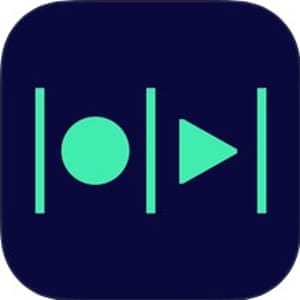
MAGISTO
Android / iOS (Free)
Own-brand video-editing features are getting better – Apple’s iMovie
and Clips apps for example – but if you want to make a masterful mobile
movie, turn to the app stores. Magisto is excellent: it handles a number
of editing tasks for you automatically, then helps you share them on
your social networks of choice.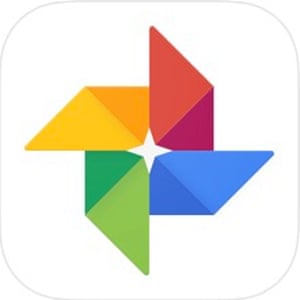
GOOGLE PHOTOS
Android / iOS (Free)
As a high-powered alternative to your smartphone’s default photo
library, Google Photos takes some beating. It backs up an unlimited
number of photos (and videos) in the cloud, offers simple but useful
editing features, and creates albums for you around specific events,
with excellent search features to mine your catalogue of images.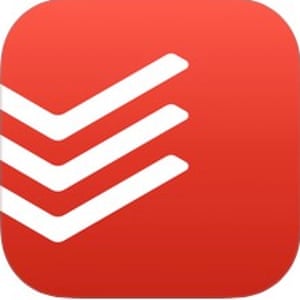
TODOIST
Android / iOS (Free)
To-do
lists is one of those categories where people tend to have strong views
on their favourites: Wunderlist, Any.do and Clear have fierce admirers,
but Todoist impresses for its versatility. It’s as good for jotting
down your shopping list as it is for managing big projects, and its
Alexa integration means it can work with your Echo smart speaker too.
PCALC
iOS (£9.99)
If paying just under a tenner for a calculator app is the kind of
maths that brings you out in a cold sweat, PCalc may not be for you. But
this powerful calculator app is certainly an upgrade on the native iOS
app, with its Apple Watch extension particularly useful for tapping out
calculations on your wrist.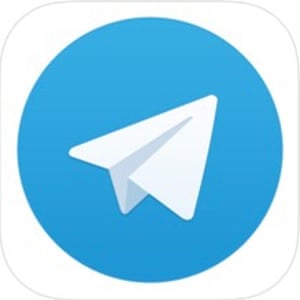
TELEGRAM MESSENGER
Android / iOS (Free)
People’s choice of messaging app is usually dictated by their social
group: Facebook Messenger, WhatsApp, Snapchat, etc. But Telegram
Messenger is worth a try: it offers similar encryption to WhatsApp, but
is fully independent rather than owned by Facebook.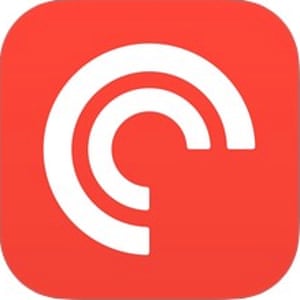
POCKET CASTS
Android / iOS (£3.99)
Apple and Google do have apps that play podcasts, but if spoken-word
audio is your thing, you’ll be needing a third-party app. iOS-only
Overcast is a great option for iPhone owners, but Pocket Casts is
available on Android too, with a huge list of shows to play.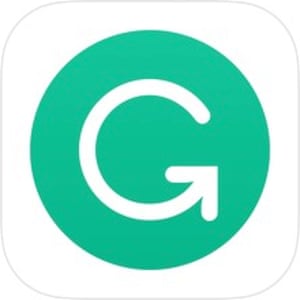
GRAMMARLY KEYBOARD
iOS (Free)
If your achilles heel is confusing “less” and “fewer”, or even “your”
and “you’re”, Grammarly is here to help. It replaces the default iOS
keyboard (Android is coming soon) and checks your grammar, spelling and
punctuation as you go.
IFTTT
Android / iOS (Free)
IFTTT stands for If This, Then That, enabling you to link your
devices and apps so that they work together. For example, if you share a
photo in Instagram, it will also save to your Dropbox. When you get a
missed call, your phone can email you a reminder. Or if you are nearing
home, you can turn on your lights or central heating. Its latest tricks
are working with smart speakers like Echo and Google Home.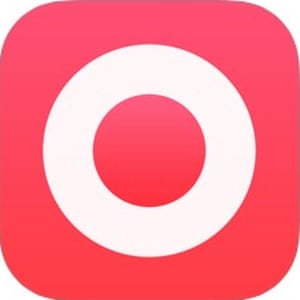
JUST PRESS RECORD
iOS (£4.99)
Voice Memos on iOS is an app that many people don’t even notice, but
for certain professions – journalists, musicians and more – it’s
essential. It too has alternatives offering an upgrade on its features.
One great example is Just Press Record. You can record with a tap and
save recordings to the cloud. It even tries to transcribe recordings
with text that you can search and there is a useful Apple Watch app to
boot.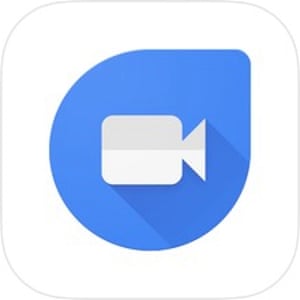
GOOGLE DUO
Android / iOS (Free)
Since
its release in 2016, Google’s video-calling app has been picking up
plenty of fans as a FaceTime or Skype alternative. It can drop down to
audio-only calls if your internet speed is sluggish, but is one of the
smoothest, best-performing apps on anything better than an average
connection.



0 comments:
Post a Comment